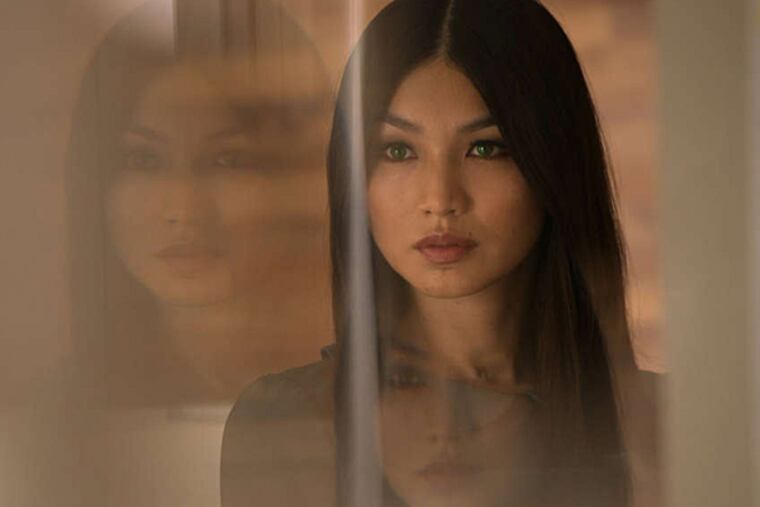AMC's 'Humans': Building a better robot series
Remake of Swedish sci-fi series looks at pros and cons of life with synthetic people.

* HUMANS. 9 p.m. Sunday, AMC.
ROBOTS are such a sci-fi staple that it might seem as if there's nothing left to say on the subject, at least until Roomba comes out with a vacuum cleaner that looks like a supermodel and wants to talk about its feelings.
Yet, there has to be a reason we keep making - and watching - movies and TV shows about robots, and AMC's new "Humans" has a few ideas about that that go beyond Stephen Hawking's fear that artificial intelligence may eventually decide to destroy us.
An eight-episode British-American remake of a Swedish show, "Humans," which premieres Sunday, takes place in what the network refers to as a "parallel present." There, robots with human features known as "Synths" do the dishes, care for children, the elderly and the disabled, or, in some cases, work as unpaid prostitutes.
But then they're all unpaid. They are, in fact, slave labor.
And it's that, even more than the idea that a handful of the synthetic humans appear to have developed human-like feelings, or that William Hurt's character harbors a father-like fondness for his outmoded Synth, Odi (Will Tudor), that makes "Humans" intriguing.
Because humans have a long history of enslaving other humans. To do the work they'd rather not. To raise their children, build their empires, deal with their libidos.
And because slavery is at last widely accepted as evil - even as human trafficking continues under our very noses - we don't so often talk about its effect on the oppressors, or on a society that allows it.
Buying a robot, as Joe Hawkins (Tom Goodman-Hill) does while his wife, Laura (Katherine Parkinson), is away on business, seems like a guilt-free way to get the scut work done, and how is he to know that the machine they call Anita (Gemma Chan) might actually have feelings?
Laura, though, is uneasy, almost immediately grasping that, machine or not, Anita is changing their family dynamic, both charming her children and giving them a sense of entitlement she'd prefer they not have.
It doesn't help that the couple's older daughter, Mattie (Lucy Carless), is losing interest in school, knowing that she'll soon be entering a job market that has less need for any skills she might acquire and for paid workers of any kind.
Hurt plays Dr. George Millican, a retired engineer who helped develop the Synths in the first place. When Britain's national health service insists on issuing him a new model, Vera (Rebecca Front), whose programming seems to have a touch of Nurse Ratched, he rebels.
It's a scenario that manages to tap some people's worst fears about universal health care while offering a view of how millions of aging people might be assisted in a future where such care would otherwise be unaffordable.
A subplot involving fugitive Synths supplies most of the action, and after two episodes, I can't say for sure that "Humans" won't turn into a less thoughtful show than I'm describing.
For now, though, it's a familiar-looking drama that raises some less familiar questions about the things that makes us human - and the things that threaten to rob us of our humanity.
Phone: 215-854-5950
On Twitter: @elgray
Blog: ph.ly/EllenGray